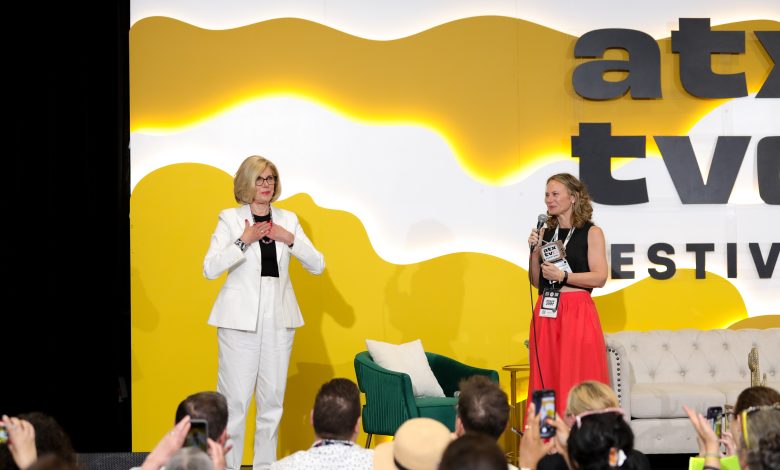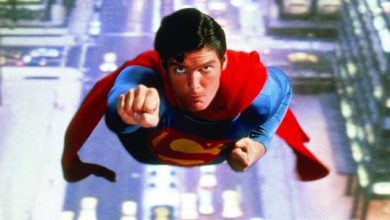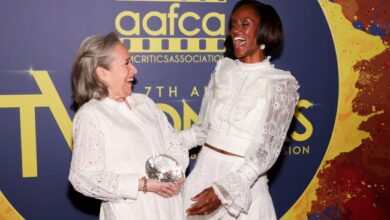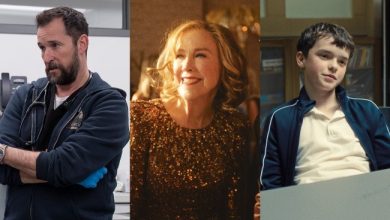‘It’s in my contract that I have great clothes, funny lines, and a lover’: Christine Baranski on her…

Christine Baranski: A TV Icon Redefining Power and Wit
Christine Baranski continues to captivate audiences with her commanding performances on two of the most talked-about television series today: the refined and rigid Agnes van Rhijn in The Gilded Age, and the bold, outspoken Victoria in Nine Perfect Strangers. The roles couldn’t be more different, and that contrast is precisely what makes Baranski so thrilled.
With a career spanning decades, Baranski has become a household name known for scene-stealing roles—from Cybill to The Good Wife. Her contributions to television were recently honored with the Achievement in TV eXcellence Award at the ATX TV Festival.
A Late-Blooming Star with Theater Roots
Baranski’s acting roots go deep—she trained at Juilliard, originally aspiring to become a distinguished stage actress. However, her breakthrough in Hollywood came unexpectedly in her 40s, when she played the martini-loving, sharp-tongued Maryann on Cybill. The role earned her an Emmy Award and opened doors to a long-lasting television career.
“Starting a Hollywood career in your 40s is rare,” she reflected, “but I did.” That leap led to her iconic portrayal of Diane Lockhart across 13 seasons of The Good Wife and its spin-off The Good Fight.
Writers Who Shaped Her Success
Baranski credits the writers behind her major roles—Chuck Lorre (Cybill), Robert and Michelle King (The Good Wife, The Good Fight), and Julian Fellowes (The Gilded Age)—for providing her with material that elevated her performances. She praises Lorre in particular for creating dialogue reminiscent of the high-quality writing found in theater.
“I had done Neil Simon, Tom Stoppard, and Terrence McNally—I knew how to deliver those lines,” she explained. “But Chuck gave me television writing that matched that theatrical sharpness.”
Redefining Female Power on TV
When it came to Diane Lockhart, Baranski was determined to break stereotypes. “Let’s avoid the trope of the powerful, unhappy woman,” she urged the Kings. “Diane isn’t bitter—she’s confident, stylish, and stands her ground with men.”
Playing Diane not only empowered viewers—it empowered Baranski herself. “I aspired to be Diane,” she admitted. “The role helped me learn how to be a woman in power.”
See More ...
Behind the Iconic Slap and Career Shifts
One of the most memorable moments from The Good Wife was the climactic slap delivered by Diane to Alicia. While Baranski stays off social media, she knew the moment would have an impact. “It wasn’t meant to be a ‘bitch slap’—it was a wake-up call,” she said.
Transitioning to The Gilded Age while still filming The Good Fight was a logistical challenge. Baranski personally negotiated her way out of a CBS contract to take on both roles. “It was tough, but I call that a champagne problem.”
Her role in Nine Perfect Strangers came easily—she signed on without even reading a script after learning it would film in Europe and co-star Nicole Kidman. “It seems like it’s in my contract: fabulous wardrobe, witty lines, and a lover—or I don’t show up,” she joked.
Television’s Transformative Power
Now in her 70s, Baranski is more enthusiastic about TV than ever. “Theater is wonderful, but it’s not always accessible,” she said. “With television, you can open minds and hearts right from the living room.”
As Christine Baranski continues to dominate the small screen with elegance, intelligence, and wit, her career is a masterclass in evolution, resilience, and artistic excellence.




